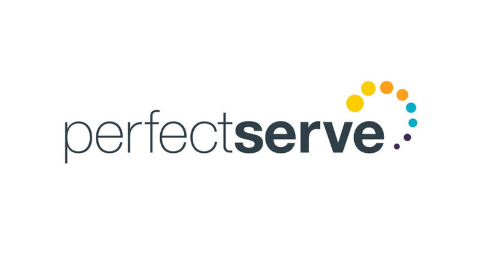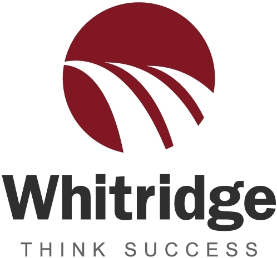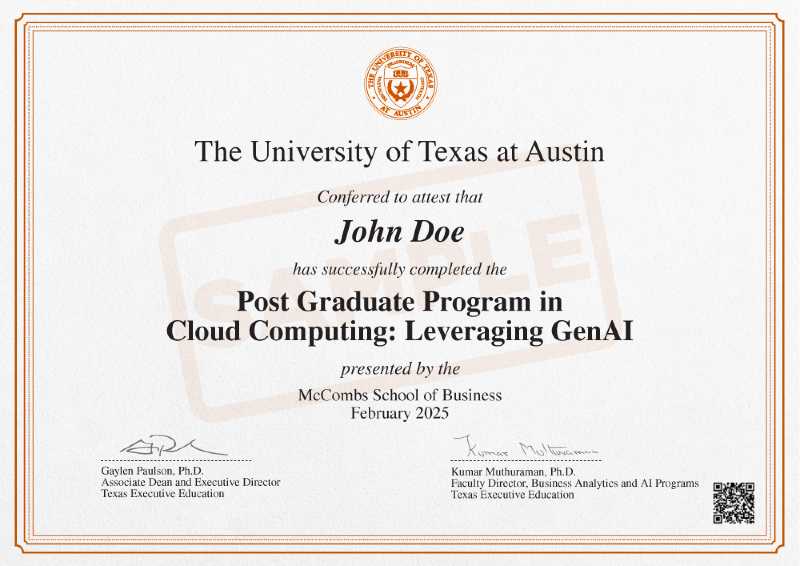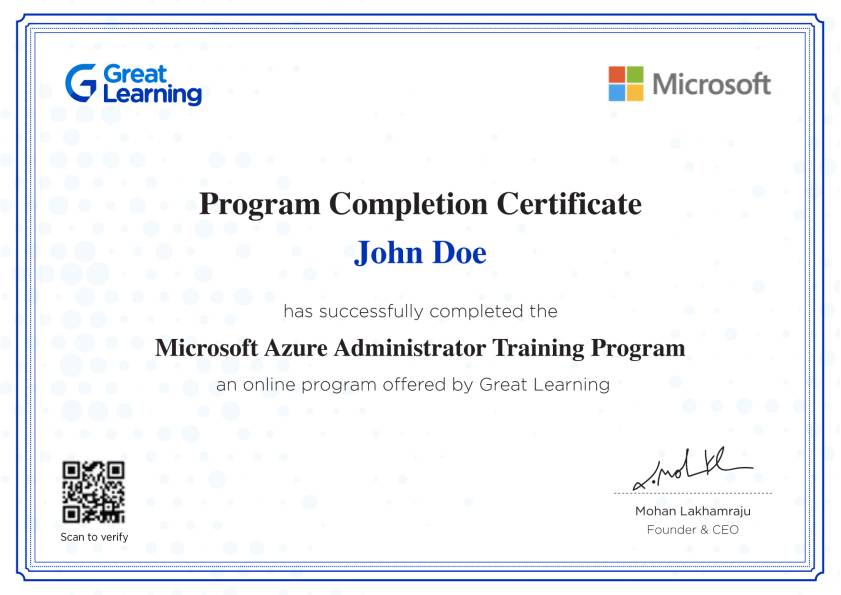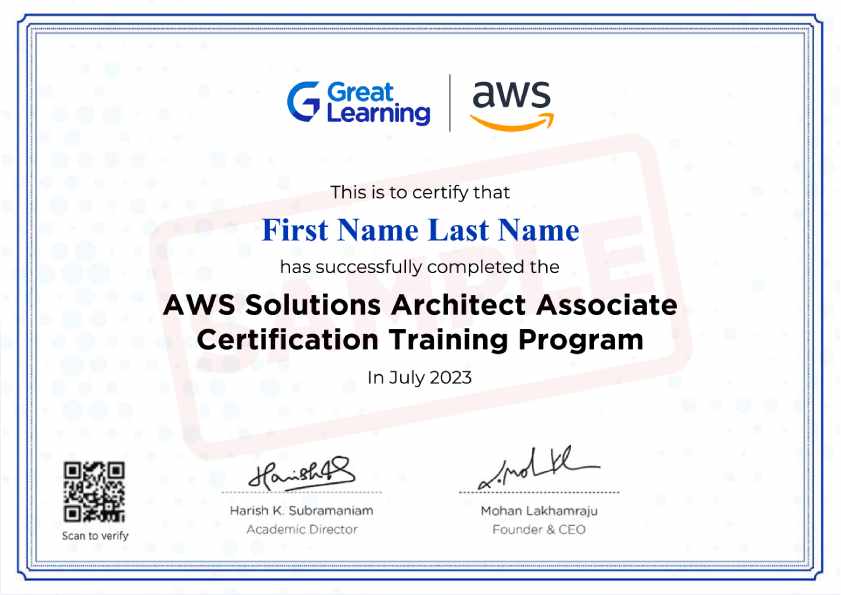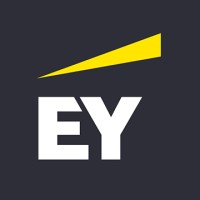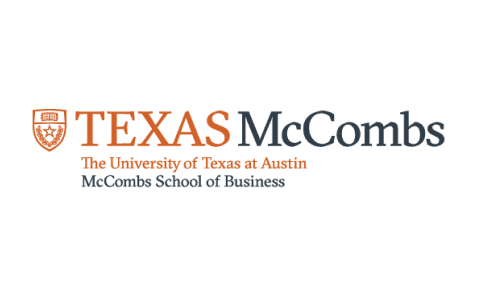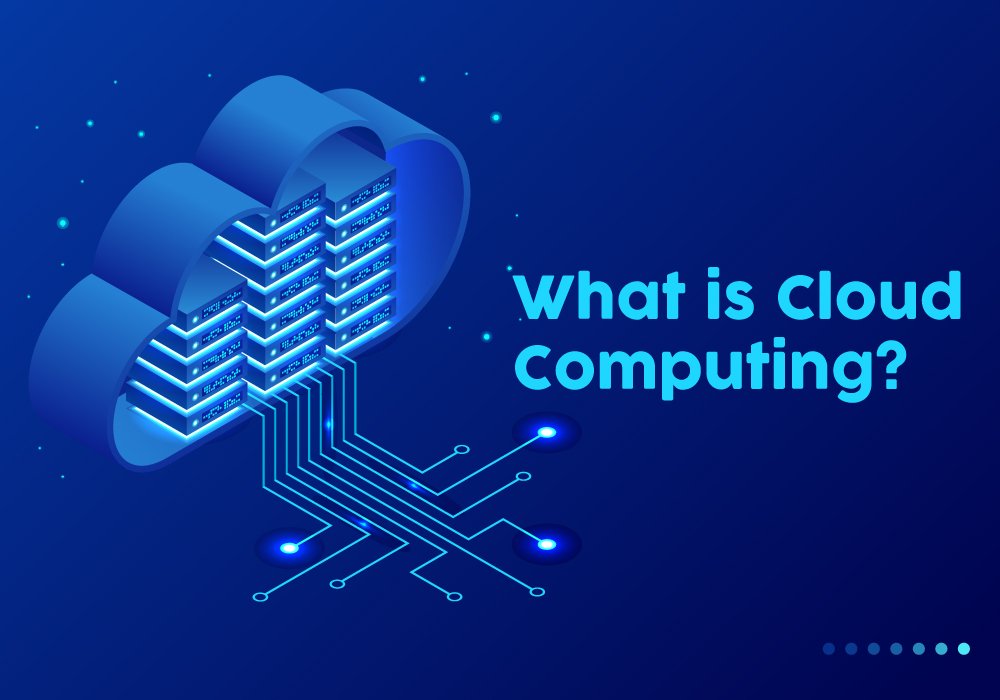Most Comprehensive Cloud Computing Program
One of the fastest-growing technologies—presently—in the USA, Cloud Computing is transforming businesses across different sectors by delivering services through the internet at an unbeatable cost. Its services are not just limited to the private sector; even the government organizations have started to make the most of this technology. As it is making its strong presence across various zones, there has been a constant increase in the number of people looking for cloud courses to gain a solid knowledge of the fundamentals. Thus, there has been a tremendous increase in the number of colleges offering a Master's Degree in cloud computing in the USA. Many technical professionals and fresher are willing to complete an Amazon Web Services (AWS) or a Microsoft Azure course as they have achieved a great need these days. Apart from the short term courses, universities are also offering masters in cloud computing in the USA. If you also belong to the same section of people who are seeking a cloud computing course to encounter a career transition, then you're at the right place. See below for the complete details of Cloud Computing, how it can be helpful in your career, and what courses you can consider to complete MS in Cloud Computing USA.
What is Cloud Computing?
Cloud computing is the method of applying a network of remote servers hosted on the internet to store, manage, and process data, rather than relying on a local server or a private processor. Initially, organizations used to buy a stack of expansive serves to host a website. But purchasing a server doesn't mean that you're all set to host the website. Once the servers are there, monitoring and maintaining them is altogether a big task. The amount of data that is generated is exceeding day by day. That's when Cloud Computing comes into the picture. Mentioned below are some of the limitations that led to the rise in the need for Cloud Computing.
What are the reasons that generated the need for cloud computing?
- The servers required to host any website are expensive
- Troubleshooting is always a risk in any business
- Traffic on the web page isn't constant, and it fluctuates very often
- Constant upscaling
- Maintenance and monitoring of the servers
- The present data generation highly demands storage space
How can Cloud Computing Solve all the Issues?
There are many more factors that contribute to the existence of cloud computing (including the factors mentioned above) and are the main reasons why the companies are tapping on it.
A cloud is a place where one can store the data centers, which are nothing but the storage spaces of data. In simple terms, Cloud Computing is nothing but an online space for the usage of your website. Cloud gives you complete control to maintain and monitor these networks and use the required resources to store and manage the data. The service riders of the cloud would provide you with all types of services, such as solving security disputes, infrastructure-related issues, etc. Cloud computing also contributes several functions, like monitoring of traffic, maintenance of the website, providing space to store the generated data, etc.
Benefits of Cloud Computing
Slowly companies from across the world are embracing cloud computing. With its increase in demand, the number of job postings is also accelerating. People are looking for a Master's degree in cloud computing in the USA to get a basic understanding and take a leap in this industry. Mentioned below are some of the benefits of Cloud Computing. And know some of the reason why the top organizations, even the US Federal, are relying on it:
Scalability: Scalability is one of the primary hazards of any business. But Cloud Computing helps to solve this issue by providing the ability to scale elastically. It offers the utmost ease to increase or decrease, depending upon the size of your organization. Above all, the cloud also helps with business forecasting the demand and enhancing the supply to meet the central business goal. It empowers any business to access the resources needed to meet the demand. With the cloud, organizations could attain efficient outcomes, which also increases performance.
Cost Reduction : One of the most significant benefits offered by Cloud Computing is the help in reducing IT costs. This feature of the cloud is liable to gain immense traction in no time. Also, cloud computing helps to eliminate all the potential capital expenses of any business, such as purchasing hardware components, setting up and managing a data center, IT experts for managing the infrastructure, and much more. Since Cloud Computing provides an online platform to access tools and storage space, this helps organizations to save on their capital expenditure on storage spaces.
Computational Speed : Cloud computing is mainly known for its flexibility in operating the resources. It offers enhanced computational speed to run applications that access vast amounts of data. Also, it provides an enormous amount of computing resources in a short span.
Less Time Consumption : Time is yet another constraint for any business, be it retail or hospitality. One of the significant benefits offered by cloud computing is less time consumption. Implementing it is a time-consuming process, but it gets effortless at the execution stage.
Security: Many cloud providers offer a broad set of policies, controls, and technologies to ensure safety. Also, it protects your data by providing end-to-end security and completing encrypting it from a potential threat. Moreover, it protects the data from getting lost and even helps with replicating it at several locations, offering enhanced safety and flexibility. Security is something that makes the cloud-like no other platform in the industry.
Data Collaboration: Working with data—that too in a massive amount—is a difficult job. At the top of it, functioning with a local server and having a team that is spread across various locations would be challenging as it offers inadequate collaborating facilities. Usually, many tools and technologies must be employed to make it accessible for other people to operate the data. But now, with the help of the cloud, you can store the data and access it from anywhere. The collaboration will be made much more comfortable as the teams from several locations are provided with the utmost ease to access the cloud. Not only this. Cloud Computing also allows access to an ample number of tools and techniques, making data sharing an easy process.
Better Research: Presently, many organizations are relying on the latest technologies like Artificial Intelligence, Data Science, and Machine Learning to complete their daily task. Working on these applications requires extensive data. Cloud computing facilitates these technologies with ample data storage and other resources to enhance their performance.
Since Cloud Computing enables us to experiment a lot in terms of technology, many organizations across the globe are taking measures to adopt it.
Applications of Cloud Computing
Given the broad applications of cloud across industries and vertices, it has become a more sought after skill than any other IT specializations. Mentioned below are some of the top Cloud Applications:
IaaS (Infrastructure as a Service) and PaaS (Platform as a Service)
When it comes to IaaS, it saves the cost of acquiring, managing, and maintaining an IT infrastructure. It helps by providing existing support on a pay as you use basis. On the other hand, PaaS provides assistance to increase the pace of development by providing a ready-to-use platform for deploying applications.
Hybrid Cloud Approach
Initially, when you make a new application, it is wise to deploy it in a limited environment for testing the workload and check usage. Creating such environments is costly and can go to waste if the application is not successful. Resorting to a hybrid cloud approach will help in creating a platform for applications and infrastructure.
Testing and Development
For the developers, the cloud provides an impressive test and development environment, which would otherwise require a long time and high cost to set up assets and workforce. It also enables automatic and flexible allocation of virtual and physical resources that may be needed.
Big Data Analysis
With the help of Cloud Computing, one can easily harness a vast amount of structured and unstructured. Retailers and suppliers can now derive information on customer behavior to tailor their marketing and promotion strategies.
Storage
Cloud enables you to store, access, and retrieve files anytime and from anywhere with a web-enabled device and interface. It promises speed, scalability, and security, along with ease of accessibility. Organizations only pay for the amount of cloud storage they are consuming.
Disaster Recovery (DR)
Cloud enables cost-effective disaster recovery from a mesh of multiple physical locations. It also provides much faster speed of improvement as compared to traditional DR sites.
Backup
Data backup has always been a time-consuming and complicated procedure. Cloud-based backup can dispatch data automatically to any location across the wire. It also ensures security, availability, and required capacity.
Top Industries that can benefit from the Cloud Computing
As per a survey, Cloud Computing has become an integral part of enterprise digital transformation strategy as the cloud services project to be a $300 billion business by 2021. With this, there lie immense opportunities for cloud computing professionals to specialize and pursue a rewarding career in either domain.
How various industries deploy cloud computing in their functioning?
Education: As per a survey by UTEP, over 6 million Americans are pursuing an online school. And Cloud Computing plays a prominent role in this. Cloud Computing has revolutionized the traditional classroom setup for learning. Smart classes have garnered a lot of attention and demand to deliver better learning experiences and interactions with the learners. Cloud-based online learning solutions provide a new structure to the redundant and monotonous daily study routines by involving pictorial illustrations and improved testing and scoring. Cloud Computing makes learning easier with remote accessibility of study material. The sensitive data related to students and the curriculum that is collected by institutions is also safely stored on the cloud.
Healthcare: The applications of cloud in healthcare are more into managing critical data. In fact, in the USA, healthcare proved to be farthest along with cloud adoption when in comparison with other industries. As per a West Monroe Partner’s report, 35% of healthcare organizations surveyed, 50% of the data is on the cloud. The patient information can be procured and accessed remotely. Cloud technologies have also simplified updating patient information to medical professionals without the need for them to be at the hospital. Electronic health records, telemedicine, and health imaging are some of the prominent applications of cloud in healthcare.
Banking and Finance: Cloud services are supporting automated banking globally. The confidential customer data and the transactions are secure on the cloud, along with a seamless experience for customers. Digital wallets, payment gateways, fund transfer, are some of the many applications of cloud in banking and finance. Cloud Computing also helps with IT strategy and gradually becoming an engine to build new capabilities and services to address business imperatives quickly. Moreover, Cloud Computing allows banks and financial services firms to meet ever-evolving regulatory reporting requirements. It can also help banks to calculate risk and check anti-money laundering and other fraud issues.
Retail: Cloud computing is of immense use in the retail sector. Integrating inventory and order processing to increase restocking capabilities is one such revolutionary use-case of cloud-based retail solutions. Retailers can now have supply chain visibility across the enterprise. All in all, cloud services can help in managing the retail business effectively, avoiding stock-outs, delivery delays, or extra inventory. On the customer front, cloud technology Helios with meaningful insights for better marketing and merchandising decisions. Retailers can analyze customer buying patterns and behavior to decide on promotion strategies and products in stock.
Entertainment: Cloud technologies have enabled the digital deliveries of movies in the market, which is one of the most critical applications of cloud in the entertainment industry. It brings world-class technologies to a smaller studio at a very cost-effective price. It has also made the online streaming of songs and videos more seamless. All thanks to Cloud Computing, customers can seamlessly enjoy applications like Netflix, Spotify, and others. With the help of Cloud Computing, customers can access this data from anywhere with a subscription.
Automotive Industry: The complex IT environment in the automotive industry has reduced to the bare minimum with the help of cloud technologies. Also, the innovation of vehicles that are capable of engaging with the situation is backed by the cloud. The GPS and the entertainment systems that are integrated with the car are also being made better with cloud services. Cloud computing helps with managing onsite IT hardware costs in terms of labor, power consumption hardware repair, and depreciation. Apart from the price, you also help with keeping the infrastructure up to date.
Cloud Computing Certifications
When it comes to investing in modern technology, many organizations these days are relying on cloud computing. It also means that IT professionals with cloud computing skills will be high on demand. And certification can validate your cloud skills and expertise. Also, it can give a boost to your salary.
The most popular cloud roles are cloud architect and cloud engineer. And the average salary of a cloud professional in North America, as per a Global Knowledge 2019 IT Skills and Salary report, is $138,320 per year. Also, IT professionals with six or more certifications reported earning $10,000more than those employees who held just one certification.
Therefore, it is necessary to have a certification in Cloud Computing to reach where you want to be. See below for the most sought-after certifications that are offered by top universities in the USA in cloud computing.
AWS Certification
An AWS certification will validate a professional’s expertise in cloud computing. It highlights the in-demand skills required by organizations in their cloud initiatives using AWS. There are several certification exams at the foundational, associate, professional, and specialty levels that one can take depending on their area of interest and expertise. These certifications are designed to empower individuals to realize their professional goals in the cloud domain. The role-based certifications are provided for Cloud practitioners, Architect, Developers, and Operations. There are also specialty courses in Advanced Networking, Machine Learning, Analytics, and more.
Microsoft Azure
Just like AWS, Microsoft Azure also has various certifications, categorized as fundamentals certifications, role-based certifications, and additional certifications. One such expert-level role-based certification is Azure DevOps Certification, which is the most popular among organizations looking for skilled professionals in DevOps.
Which is Better-AWS or Microsoft Azure?
Azure is catching up with its competitors [AWS] at a marvelous rate. Also, the user base of Azure is comparable to AWS in size. Hence, a lot of opportunities are available for azure cloud experts globally. Most professionals are already adept with Microsoft’s Windows Operating System, which flattens the learning curve when it comes to Microsoft Azure. Along with knowing Windows, signing up for the PG Program in Cloud Computing will also help you in clearing Microsoft Azure Certification.
Job Roles of Cloud Computing
The following are the various job roles that a cloud computing certification course offers:
- Cloud Architect
- Cloud Engineer
- Cloud Developer
- Cloud Administrator
- Cloud Software Developer
- Cloud Computing Specialist
- Cloud Security Engineer
Roles and Responsibilities of a Cloud Computing Professional
Have a look into the various responsibilities carried out by a cloud computing professional:
- To design a perfect cloud strategy to meet organizational goals.
- To estimate the operational costs.
- A solutions architect is liable for analyzing several aspects of the Cloud, such as the technical environment, requirements, and specifications.
- To Operate, manage, and deploy highly scalable and more reliable systems. They should also evaluate the various aspects of the Cloud regularly.
- To select an appropriate service based on security and the data requirements to meet the strategic needs of the organization successfully.
- To support the project management and development teams to meet the organizational goals.
- To resolve technical glitches and identify the upcoming risks is a significant challenge faced by cloud professionals.
Prerequisites of taking up a Cloud Computing course
Before you learn cloud computing, ensure that you are aware of the various prerequisites to gain a strong understanding of several concepts of cloud computing.
Below are a few prerequisites for pursuing a cloud computing program:
Programming Languages: They play a significant role in mastering the technology of cloud computing. Being good at programming would surely make it easy to master Cloud Computing. Hence coding skills are considered as one of the major prerequisites of learning cloud computing. Apart from regular programs such as C and C++, it is essential to learn data-oriented programming languages like Go, Java, Python, and many more.
Storage and Networking: It is crucial to understand the various concepts of data storage and data networking. Understanding how the data can be stored and multiple ways to access data from various resources would help you gain an understanding of the concepts of cloud computing. A profound understanding of networking fundamentals and virtual networks would serve you in gaining an in-depth knowledge of Cloud Computing.
Security: Possessing a strong understanding of the various methods to secure the data, applications, infrastructure, and much more would make it easy to learn cloud computing.
Disaster Recovery: Learning about various risk management techniques would also serve in gaining a better understanding of cloud computing. Do ensure that your systems are regularly backed up and prevent any data loss.
The Scope for Cloud Computing Course
The demand for cloud computing is vast, and the current market is offering amazing packages for cloud computing professionals. As a result, there has been an increase in the number of institutes evolving these days. Many companies and industries require cloud computing experts, and there are a lot of openings to work on cloud computing. Some of the renowned colleges are offering a master's degree in Cloud Computing. Many of these top universities in the USA for MS in cloud computing are also offering short term Cloud Computing courses.
If you are looking for the best place that offers the best cloud computing courses, you should apply now for the Post Graduate Program in Cloud Computing (PGP-CC), offered by Great Learning.
Choose The Cloud Computing Course by Great Learning.
When it comes to the best courses in Cloud Computing, PGP-CC should be on top of the list. Not only it teaches you basics but also helps with AWS (Amazon Web Services) and Microsoft Azure training and certifications. The cloud computing course by Great Learning also teaches you to apply the concepts of cloud computing and work with the tools and techniques on various platforms. The cloud computing course syllabus is designed in such a way that anybody who is a stranger to this platform can clearly understand every single module of it and gain complete knowledge. If you are seeking cloud computing courses for beginners, Great Learning stands as the best choice as it delivers the best cloud computing course.
Faculty
The faculty of Great Learning is highly talented and experienced. When you take up the cloud computing course from Great Learning, you will be taught by expert professionals, which lets you master all the techniques involved in cloud computing.
Gain Practical Experience with Hands-on Learning
You will be allotted 15+ use cases to apply the various concepts of cloud computing and gain practical understanding.
Get Certified from the Country's Number 1 Institute
Over the past 13 years, Great Learning and Great Lakes have been ranked as the number one platform that lets you pursue professional courses.
Curriculum
The curriculum of the cloud computing course, designed by the faculty of Great Learning, is exhaustive. It covers 90+ cloud services and all the concepts of cloud computing and fetches the candidates with all the desired knowledge and skills needed for a successful cloud computing career.
Learn From the Industry’s Best Practitioners
You will be taught by seasoned industry experts who practice cloud computing in their fields and gain valuable practical insights into various applications of cloud computing. The cloud training course by Great Learning will give you complete command over all the concepts of Cloud Computing.
Flexible Online Learning
If you are planning to take up Cloud Computing training online, then Great learning facilitates the ultimate flexibility to master cloud computing by offering an online program. This causes minimal disruption to your personal or professional life.
Weekend Mentorship Sessions
Whatever you learn, you can apply it in the lab sessions, and your work will be assessed every week by highly skilled experts. You will also have constant interactions with the industry practitioners, mentors of cloud computing throughout the cloud computing training program.
Capstone Projects
A 4-week long capstone project is designed in such a way that it allows you to implement all the theories that you’ve learned in your class. You will be working on a project that starts from the inception phase and ends with deployment, which employs all the concepts of cloud computing, such as architecture, cloud financials, vendor comparison, etc. Capstone Project sets you up to face the practical cloud computing world.
Online Content
You will get access to 100+ hours of instructional content and 300+ hours of overall learning of cloud computing, which might make you a master of multiple cloud platforms, including AWS, Microsoft Azure, and Google Cloud.
Projects
You will be allotted five projects besides the specialized optional capstone project of a 4-week duration. You can include all these projects and build a strong portfolio.
All these attributes constitute the best cloud computing course by Great Learning. If you are also looking for such characteristics in your cloud computing course, then don't wait further and apply now for the program. You can now enroll yourself to join the next batch of the prestigious cloud computing course by Great Learning. If you have any queries regarding the cloud computing course fees, program structure, or any other, you can reach out to us at any time. We will be happy to hear from you.













